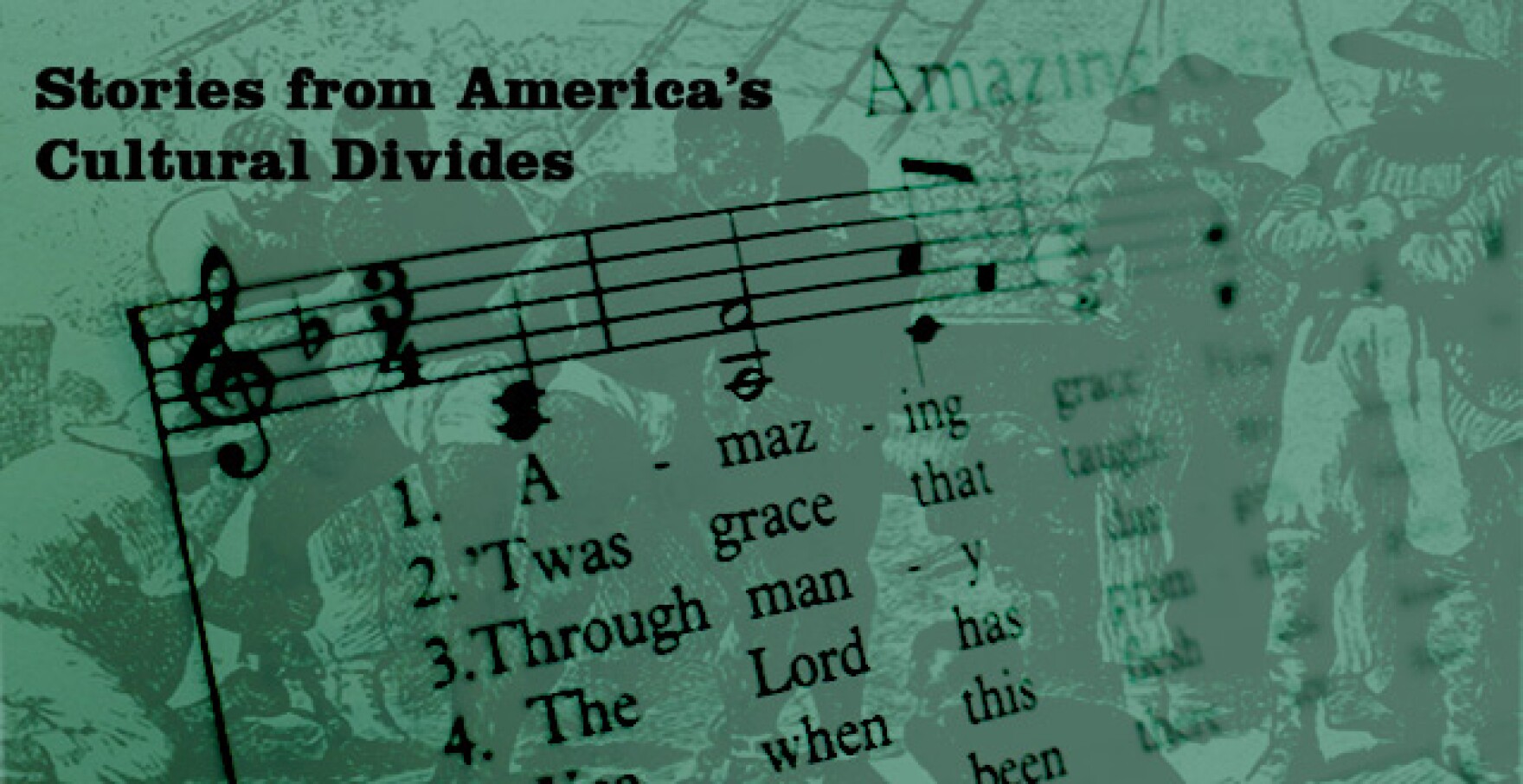Everyone knows the song “Amazing Grace.” People who don’t even consider themselves spiritual or religious find it meaningful. And while John Newton penned the hymn to connect with Christians, it has transcended that and become a folk song and an anthem for civil rights. But the origins of the song are just a bit more complicated…
On this week’s episode of the “Us & Them” podcast: the hymn from a slave trader that eventually became the anthem for civil rights.
From West Virginia Public Broadcasting and PRX, this is “Us & Them,” the podcast where we tell the stories about America’s cultural divides.
Subscribe to “Us & Them” on Apple Podcasts, NPR One or wherever you listen to podcasts.
Share your opinions with us about these issues, and let us know what you’d like us to discuss in the future. Send a tweet to @usthempodcast or @wvpublic, or leave a comment on Facebook.com/usthempodcast.
And if you enjoyed this episode, join our community and sustain “Us & Them” with a pledge of support.
